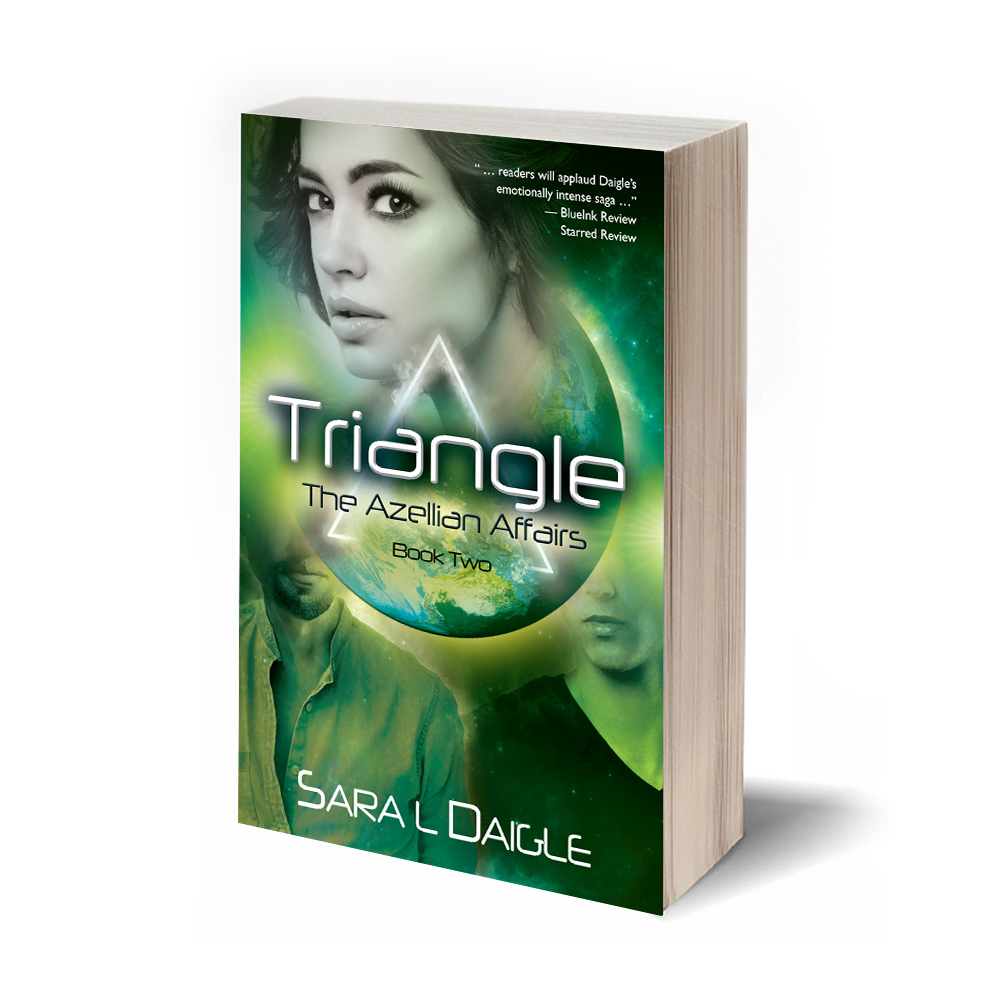Brain Calisthenics
/Language is fun. So much so that I found myself watching a TV show in Turkish the other day and got hooked. Yes, I speak another language other than English (French). Yes, I love language. Yes, I enjoy watching foreign movies (with subtitles, of course). But what I found the most fascinating about Turkish is that there are very few cognates with the languages I do know. And language geek that I am, I found that fascinating.
I have a process when I listen to a foreign language: my ear, which is trained to listen for my native tongue and a “foreign” tongue, will immediately start to listen for words I might “know”. Spanish has a number of cognates with both English and French. French and Spanish are closely related and Spanish and English have coexisted long enough to have borrowed words from each other. There are English borrow words and LOTS of cognates in Italian, Portuguese and probably the other Romance language, Romanian (although I have never heard that language to know). But to my surprise, as I watched a Russian movie on Catherine the Great, Russian has a number of French borrowed words, too. Considering the nobility of Europe in the past often intermarried, this is perhaps not at all surprising, but I quite enjoyed “hearing” French words I knew sprinkled in the Russian language being spoken in the movie.
Turkish, however, does not have those shares, at least not that I have heard so far. I knew, when I started listening to it, that I wasn’t hearing Russian, even though the show is ostensibly set in Russia in the beginning. Although I don’t speak Russian, I knew I wasn’t hearing Russian just because I wasn’t hearing the very, very few Russian words I do know (pretty much limited to yes and no). The accent is very different, too, in the shape of the vowels, consonants and pacing of the language.
So my experience of watching this show is something totally different than my other foreign movie watching experiences: I am not listening for cognates as I have done in the other shows I’ve watched—instead, I’m finding repeated words, listening for grammar (sentence structure) and in general really enjoying trying to figure out a language I have no context for and no common ground with, using the subtitles as props. My experience with French movies tells me that I am missing more nuance than I am hearing by doing nothing but reading subtitles (subtitles are frequently wrong), but the experience of listening to, and starting to piece together, an utterly foreign language is brain calisthenics for me. How do writers exercise their brain? Well, for me, it’s listening to languages I don’t know and trying to figure them out—the linguistics career I didn’t pursue poking its head up again from the mists of the past.


